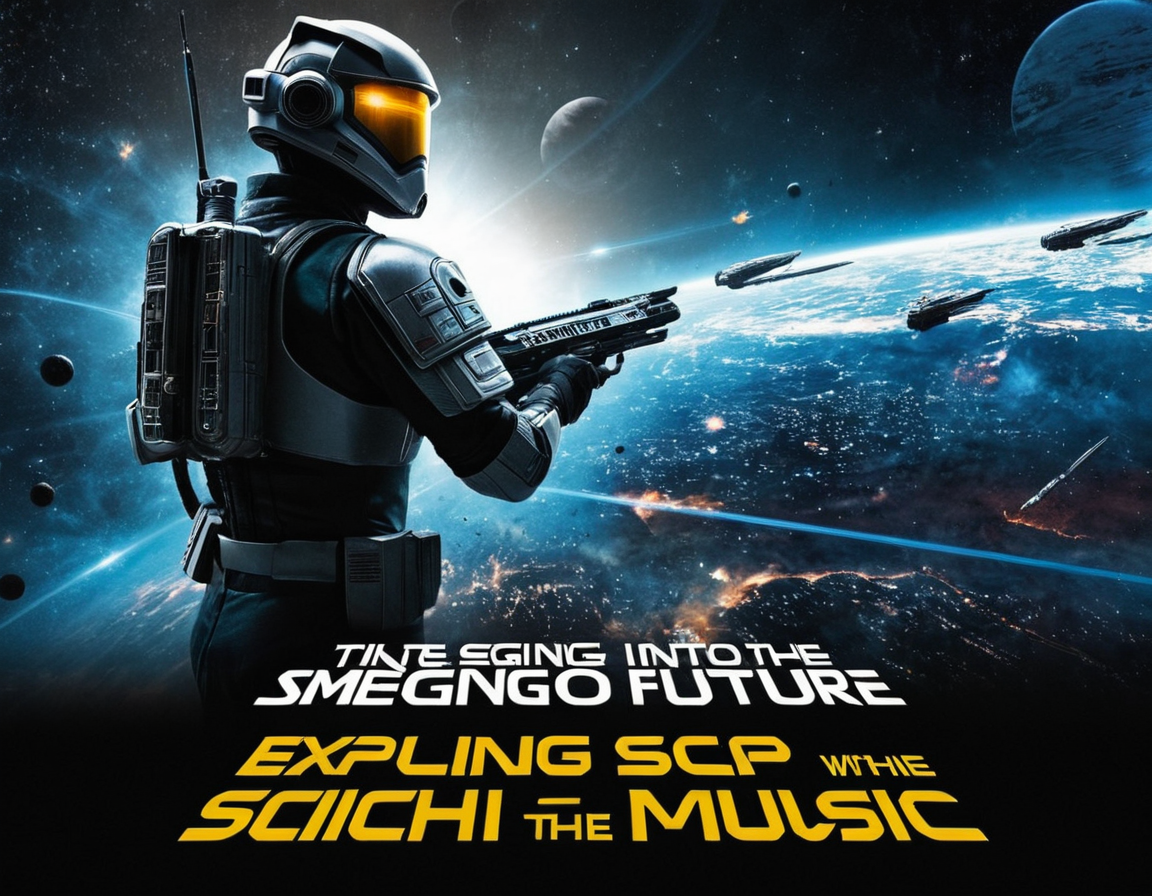: Smegging into the Future: Exploring Sci-Fi Music, TV & Pop

In recent years, we’ve witnessed a remarkable fusion of science fiction and popular culture, leading to an explosion of innovative music, television shows, and pop media that continue to push creative boundaries. This blog post dives deep into this intersection between sci-fi and modern entertainment, exploring how it has evolved over time, its impact on society, and what the future might hold for these genres in a rapidly changing world.
Learn more about Smegging
Science fiction music: Harmonizing futuristic vibes with contemporary beats
The marriage of science fiction and music is an intriguing phenomenon that dates back to the early 20th century but has recently gained momentum, thanks largely to the influence of electronic dance music (EDM) and digital audio workstation technology. Composers are now able to create immersive soundscapes that transport listeners into futuristic realms with ease.
One notable example is “Ghost in the Shell: Stand Alone Complex Original Soundtrack,” a 2004 compilation of electronic tunes composed by Kenji Kawai for the anime series based on Masamune Shirow’s manga. The album received critical acclaim, with its atmospheric tracks enhancing the show’s dark and thought-provoking themes.
Science fiction television: Merging reality with imagination in visual storytelling
The golden age of sci-fi TV has undoubtedly been a game changer for the small screen industry. Shows like “Doctor Who,” “Star Trek,” and more recently, “Stranger Things” and “The Mandalorian,” have redefined how we perceive narrative storytelling through television. These series effortlessly combine elements of drama, comedy, adventure, horror, and science fiction to deliver immersive experiences that keep audiences glued to their screens.
“Doctor Who,” which premiered in 1963, is the longest-running sci-fi TV show globally, with its iconic theme tune composed by Ron Grainer setting the stage for each thrilling adventure through time and space. The recent addition of Jodie Whittaker as the first female Doctor has further diversified representation in science fiction television, pushing boundaries and provoking conversations on gender roles in pop culture.
Learn more about into
Science fiction pop: Blurring lines between fantasy and reality
The intersection of sci-fi and popular music has produced numerous chart-topping hits that continue to influence global trends. Artists like Björk, Radiohead, and Daft Punk have all been influenced by science fiction themes, creating albums that explore the human condition in futuristic landscapes.
In 2013, Lady Gaga’s “ARTPOP” album saw her collaborating with technology giant Intel to create a wearable art piece known as the “ARTBOT,” which showcased a blend of fashion and technology that echoed the themes presented in her music. This merging of sci-fi aesthetics with pop culture has become increasingly prevalent, highlighting how science fiction continues to impact our worldview.
The future of Sci-Fi entertainment: Embracing technological advancements
As we move further into an era defined by rapid technological growth, the lines between reality and fantasy are set to blur even more. Virtual Reality (VR) technology is already being integrated into storytelling through VR films like “Pearl” and “Invasion!” These immersive experiences provide audiences with a chance to live out sci-fi fantasies in 360-degree environments, offering an entirely new way of engaging with entertainment .
Furthermore, advancements in artificial intelligence could pave the way for interactive narratives tailored specifically to individual viewers’ preferences. This personalized approach will only enhance our connections with these fictional worlds and characters, ultimately deepening our love for science fiction media across various platforms.
Learn more about the
Conclusion: The smeg-tastic future of sci-fi entertainment
From hauntingly beautiful scores in sci-fi music to visually stunning narratives on the small screen, it is clear that the fusion of science fiction and popular culture will continue to shape our understanding and appreciation of storytelling. As we embrace technological advancements, these genres are poised for a smegging exciting future where reality merges seamlessly with imagination in ways previously unimaginable.
Remember: “Smeghead” is an insulting term used in the British television series Red Dwarf, but in this context, we’re taking it back and celebrating all things sci-fi!

